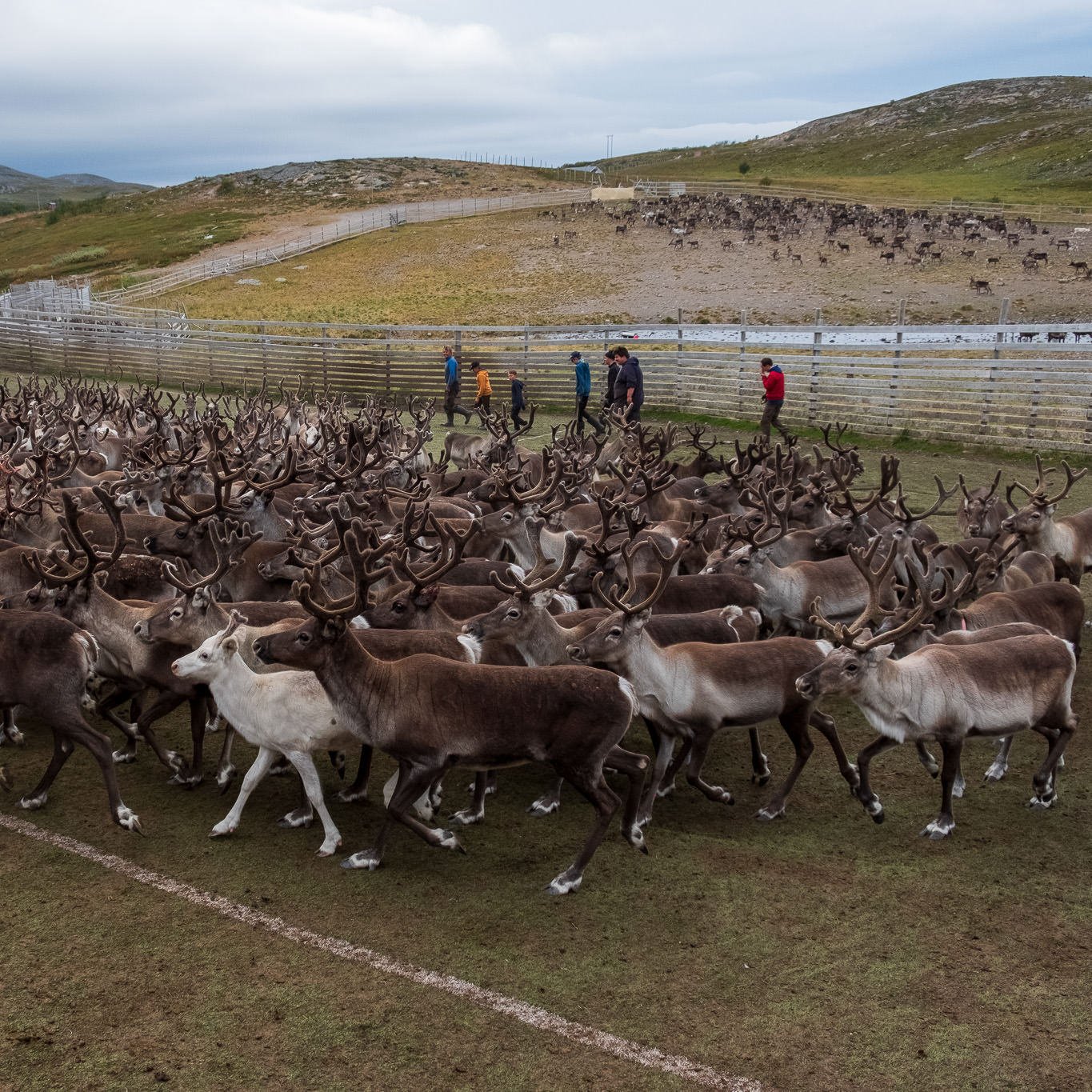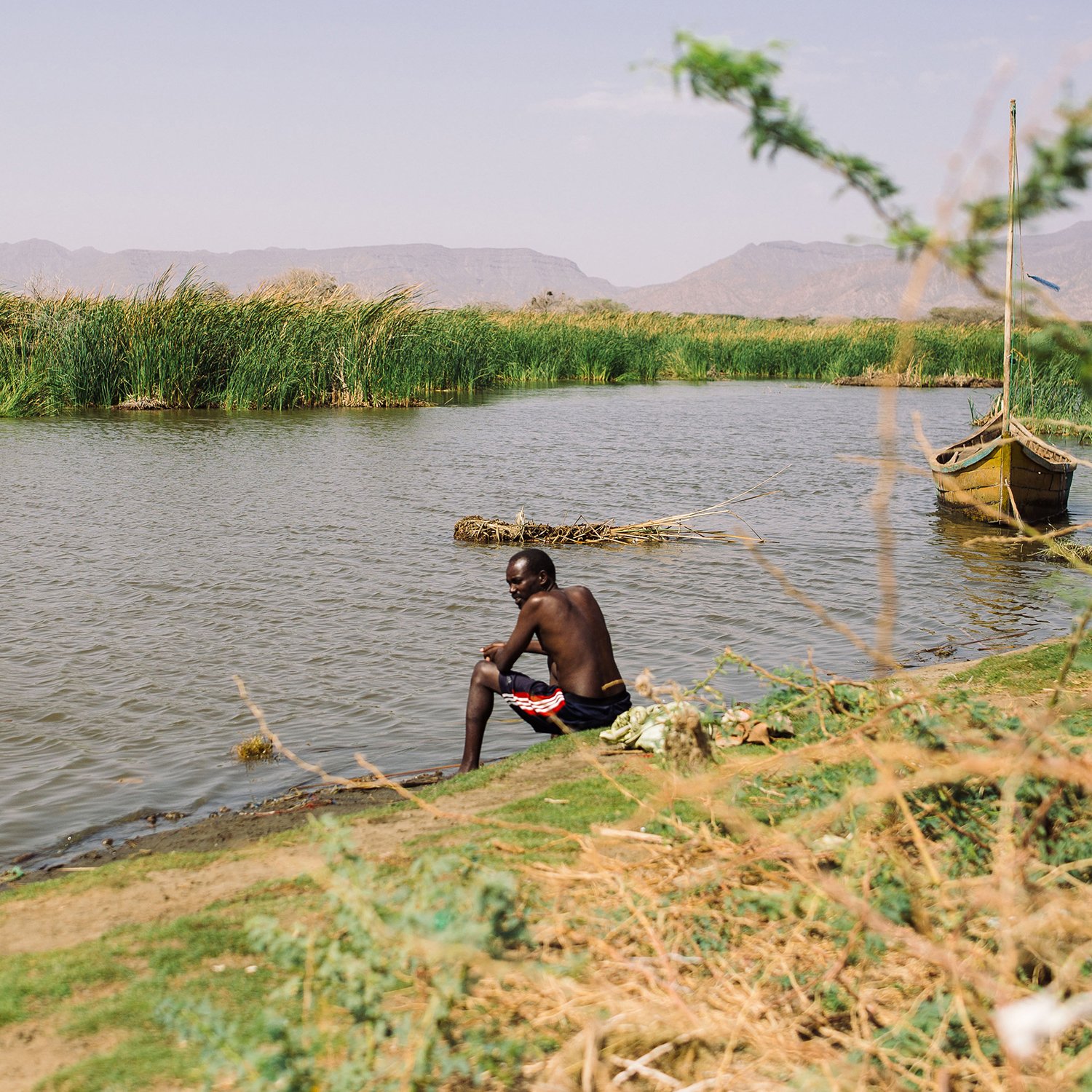The Last Nomads
In Georgia’s Adjara highlands, a traditional way of life is slowly disappearing.
MAY 20, 2025
I first visited the highland villages of Adjara, a remote region in Georgia’s southwest near the Turkish border and the Black Sea, in 2013. Over the next decade, I would return at least twice a year, wanting to understand it more intimately.
The villages in this mountainous landscape are home to a pastoral nomadic community that has lived for generations in close connection with the land. Every spring, families move with their cattle to the higher pastures, where they spend the summer working, harvesting hay and preparing for winter. In September, when the weather in the mountains begins to shift, they return to the lowlands.
Over the past 10 years, I have witnessed quiet but visible changes. The region lacks access to quality education, health care and essential public services; electricity outages are common, and during harsh winters, villages are often cut off entirely from the outside world. As a result, many families have left in search of better opportunities, and the villages have become quieter. There are still gatherings, still children and daily routines, but some traditions are slowly fading.
I often think about a wedding I photographed in one of the villages in 2019. It was simple but full of warmth — neighbors gathering to prepare food, make music and dance late into the night. Celebrations like this still happen occasionally, but they’ve become less common as many young people have moved to cities and no longer want a traditional village wedding. Other rituals for newly engaged couples, like parading through the village on horseback or preparing dowries with locally handcrafted items, are also becoming less common.
For this project, I wanted to document a way of life that is slowly disappearing — not out of nostalgia, but out of a desire to show how a community adapts to changing circumstances and creates new meaning in today’s world.
A man repairs a damaged power line. Power outages are frequent here, often caused by harsh conditions and outdated infrastructure.
Lia, a mother of three, lived in the highlands with her husband and in-laws. She has since moved to the city with her family.
A religious school located next to the mosque in the village of Ghorjomi, where teachings mainly focus on Islam. Unlike public schools, these institutions are usually gender-segregated. Students attend classes here during their free hours, outside of regular school time.
Families return to the lowlands with their cattle. They typically begin the descent around mid-September, as weather conditions in the highlands can change unexpectedly. If the roads become impassable due to snow, they could become stranded and be unable to feed their livestock.
Families leave the high mountain pastures behind and move to the lower regions, where they will spend the winter.
Two settlements located in the highland pastures where families spend the summer. On the left is Kvabijvari, which is now half-abandoned. On the right, near the edge, is Mrgvalmindori. When I visited in 2024, there was only one family left.
Zhuzhuna is making chlechili, a traditional type of cheese typical of this region. Dairy products are one of the main sources of income for the local population.
Playing volleyball during Shuamtoba celebrations, a traditional holiday during which family members from the lowlands go visit their relatives in the highlands during the summer grazing season. The festivities typically last several days and include horse races, singing and dancing, and many feasts.
A husband and wife harvest potatoes before returning to the lowlands.
Relatives and neighbors of a recently engaged couple gather to celebrate during Shuamtoba.
A girl rides a horse as part of Shuamtoba festivities.













